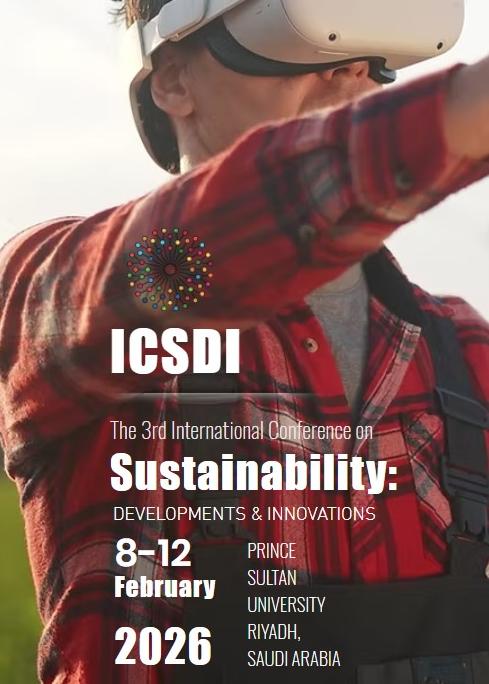Where to from here? Algorithmic, Legal, and Societal Challenges for Autonomous Driving
BROAD 2020
- URL: https://autosys.informatik.haw-hamburg.de/page/ieee-iv-2020-broad-ws/
- Event Date: 2020-06-23 ~ 2020-06-23
- Submission Date: 2020-03-14
Social Psychology Social Sciences (General) Social Work Sociology
The BROAD workshop at the IEEE Intelligent Vehicles Symposium
What are the new frontiers of autonomous driving: Are there open technical or non-technical issues that impede autonomous driving now or in the upcoming future? Can cognitive inspiration and machine learning (ML) help us here or do these approaches lead to new problems?
The workshop focuses on two major aspects of these questions. The first is the identification of major challenges across all aspects of autonomous driving (algorithmic, societal, law-related, standardization, etc.) that are supposed to or that could probably impede the development of autonomous driving (AD) or its introduction on the market. These could be technical issues (how many test miles need to be driven? is ML reliable? do we need explainable ML methods in general? how to select training data?). But these could also be non-technical questions like law-, insurance-related, or ethical questions.
The second aspect is the discussion of potential, cognitively-inspired and ML-based solutions. Here, we will focus on two approaches: pure ML, and bio-inspired approaches that try to mimic cognitive mechanisms observed in humans and/or animals in a reasonable amount of detail. Each approach has their own particular advantages and limitations. For example pure ML often requires large amounts of training data, yet is typically very brittle while bio-inspired approaches are by necessity based on incomplete theories, and we’re still missing convincing demonstrations in real applications.
There will be a mixture of invited talks, regular paper presentations, a poster session, and discussion rounds. The keynote will be given by Jack Weast, Sr. Principal Engineer at Intel and the Vice President of Automated Vehicle Standards at Mobileye.
CFP / Submission
The workshop explicitly focuses on broad, general issues (such as general safety challenges, properties of different paradigms currently in use (in particular ML, or biological or cognitively inspired ones that go beyond reducing cognition to classification problems), and comparisons thereof), including law-related, standardization, societal and ethical ones. We solicit papers that are in the spirit of this broad nature of the workshop.
Workshop papers have to be submitted in the same process as the symposium papers.
Workshop paper submission: March 14, 2020 (the submission code is y82p2)
Notification of workshop paper acceptance: tbd
Final Workshop paper submission: May 2, 2020
IV 2020: June 23 - 26, 2020 (workshop: June 23rd)
Authors of accepted workshop papers will have their paper published in the conference proceeding. At least one author needs to be registered for the workshop and the conference. Information on paper and submission is common with all symposium papers and is available at https://2020.ieee-iv.org/information-for-authors/
The paper submission site is now open: https://its.papercept.net/conferences/scripts/start.pl
The submission code for this workshop is “y82p2”.














